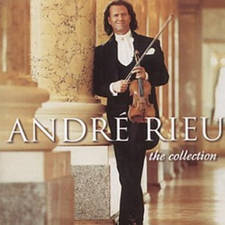Who is the current Master of the King’s Music, and what does the title mean?
15 September 2022, 15:04 | Updated: 16 September 2022, 18:28
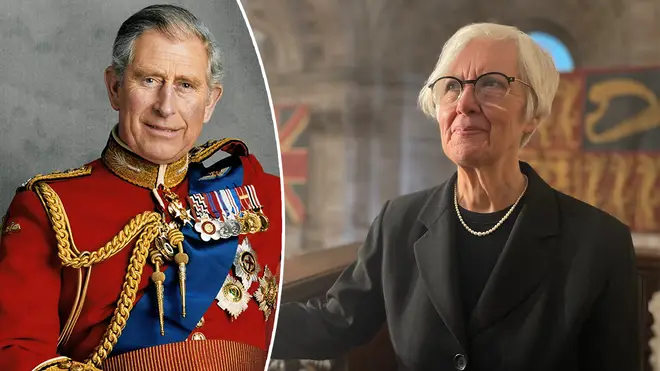
The role dates back to 1626, but the history of the Crown’s involvement in British music-making goes much, much further back.
The current Master of the King’s Music was appointed in 2014. Judith Weir is the first woman to take up the post, and follows a long and prolific line of musicians to wear that mantle, dating back almost 400 years.
Judith Weir was recommended to the Crown by her predecessor, Sir Peter Maxwell Davies, and served Her Majesty Queen Elizabeth II as Master of the Queen’s Music up until the monarch’s death in 2022.
Now, following King Charles III’s accession to the throne, Weir becomes Master of the King’s Music until the end of her term in 2024. Here’s our guide to what ‘Master of the King’s Music’ means, and what the role encompasses.
Read more: ‘Music was really central to the Queen’s life’ – Judith Weir, Master of the King’s Music

God Save the Queen in St George’s Chapel, Windsor Castle
What does the Master of the King’s Music do?
The Master of the King’s Music is part of the Royal Household, and is effectively the musical equivalent of the Poet Laureate. The position was created in 1626, on the appointment of Nicholas Lanier by King Charles I.
Back then, the title used the Old English spelling of ‘Musick’, with the ‘k’ only being removed during Edward Elgar’s tenure in the early 20th century.
Up until 2004, the Master of the King’s Music was a lifelong appointment, with title holders only being selected upon their predecessor’s death. When Peter Maxwell Davies was awarded the role in 2004, Elizabeth II made it a 10-year appointment instead.
There is no clearly defined set of responsibilities for the Master of the King’s Music, and each holder of the title has shaped it to their own liking.
Over the course of previous centuries, it has generally been expected that they provide music for prestigious royal occasions, such as coronations, birthdays, jubilees, marriages, and funerals.
Read more: What are the lyrics to Britain’s national anthem and who composed it?

Elgar's Nimrod – Carducci Quartet
Who are some of the most famous Masters of the King’s Music?
The role of Master of the King’s Music has changed and varied quite considerably over the years. After Nicholas Lanier, the two musicians that followed weren’t particularly brilliant composers. Instead, they asked their more qualified musical counterparts, like Henry Purcell, to write music for royal events.
John Eccles, who took the role in 1700, was a well-known composer and a great presence on the Restoration theatre scene, but even he continued to commission other composers including Handel, who wrote the ‘Ode for the Birthday of Queen Anne’.
Another of the courtly duties that befell the Master of the King’s Music was to write music to accompany the court odes, written by the Poet Laureate.
During William Shield’s tenure from 1817, the then Poet Laureate, Robert Southey, couldn’t stand this part of his duties. He took the earliest opportunity, on King George III’s death in 1820, to discontinue the tradition.
George III’s successor, King George IV, maintained the court orchestra, the directorship of which became the main responsibility of the Master of the King’s Music, with occasional compositional duties along the way.
Read more: How music will play a role at Queen Elizabeth II’s funeral
Court music in modern times
In some ways, the great British composer Edward Elgar is to thank for the longevity of the role to this day. After former Master Sir Walter Parratt died in 1924, many argued for the abolition of the post since there was no longer a court orchestra, nor the demand for royal odes.
Elgar, who was friendly with the royal family, was a key figurehead in arguing for the continuance of the post. Not only that, but it is thought that he also argued for his own appointment to the role.
While other names, including that of Ralph Vaughan Williams, were suggested, King George V eventually agreed to keep the role, and did indeed appoint Elgar to it.
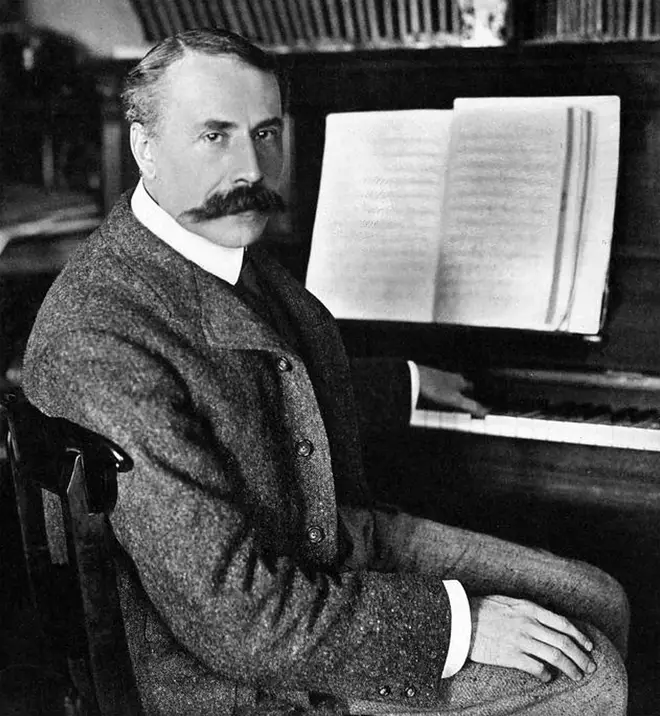
Elgar was no longer strictly required to write music as Master, but he did write his Nursery Suite in 1931, dedicating it to the young princesses: Margaret, and Elizabeth, the future Queen.
Rather than acting as court composer, Elgar operated more as an advisor to the King on how the royal family should be involved in music. He organised the royal music library, secured recognitions and knighthoods for other musicians, advised on the formation of a national opera company and also ensured that national broadcasters would use the correct version of the national anthem.
Later, composition returned to the role as Sir Arthur Bliss took up the post in 1953, writing the music to accompany the funeral of Winston Churchill, the Queen’s 1953 coronation and her 29th birthday, as well as music for the birth of the Queen’s children.
Read more: What music was played at Her Majesty Queen Elizabeth II’s coronation?
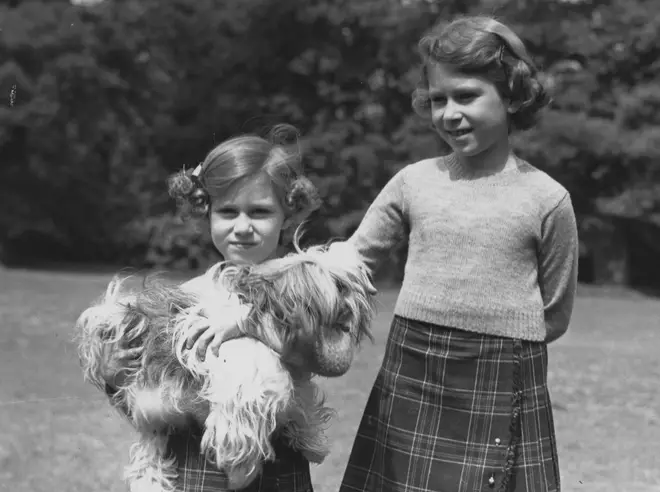
Who is the current, and previous, Master of the King’s Music?
Sir Peter Maxwell Davies was appointed Master of the Queen’s Music in 2004 – the first Master to be appointed for a 10-year, as opposed to lifetime, tenure. His work as Master saw him compose works for royal occasions, including a Christmas carol for each year of his term.
Maxwell Davies’ tenure also saw a return to a closer relationship between the Master of the Queen’s Music and Poet Laureate, with Maxwell Davies setting to music a poem by Andrew Motion for the Queen’s 80th birthday.
It was during his tenure that the Queen’s Medal for Music was created, after an idea by Maxwell Davies himself. The annual award has since been presented to Sir Charles Mackerras, Sir Bryn Terfel, and Nicola Benedetti, to name a few.
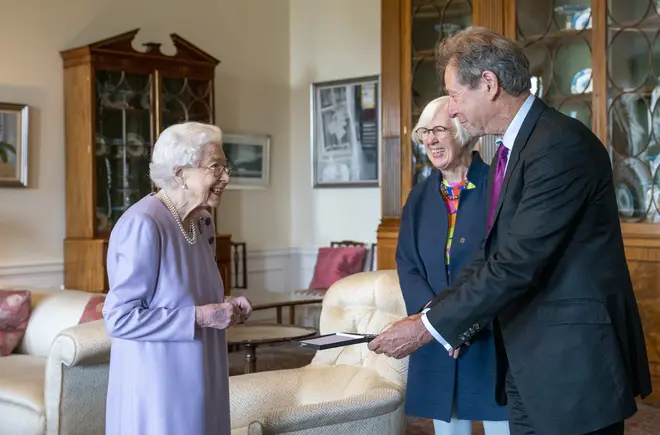
The current Master of the King’s Music, Judith Weir, had actually recommended someone else for the job, so it may have come as something of a surprise to be appointed herself.
Weir made history in 2014 as the first woman to be appointed to the role. Speaking to The Guardian when her appointment was first announced, she clarified that, for her, the role wouldn’t be about her compositional feats.
Instead, she preferred to champion the nation’s music scene, empowering her fellow composers, building up music education, and shoring up the future of the nation’s music scene.
Weir’s term of service comes to an end in 2024, and as for who will take up the role next, only time will tell.
